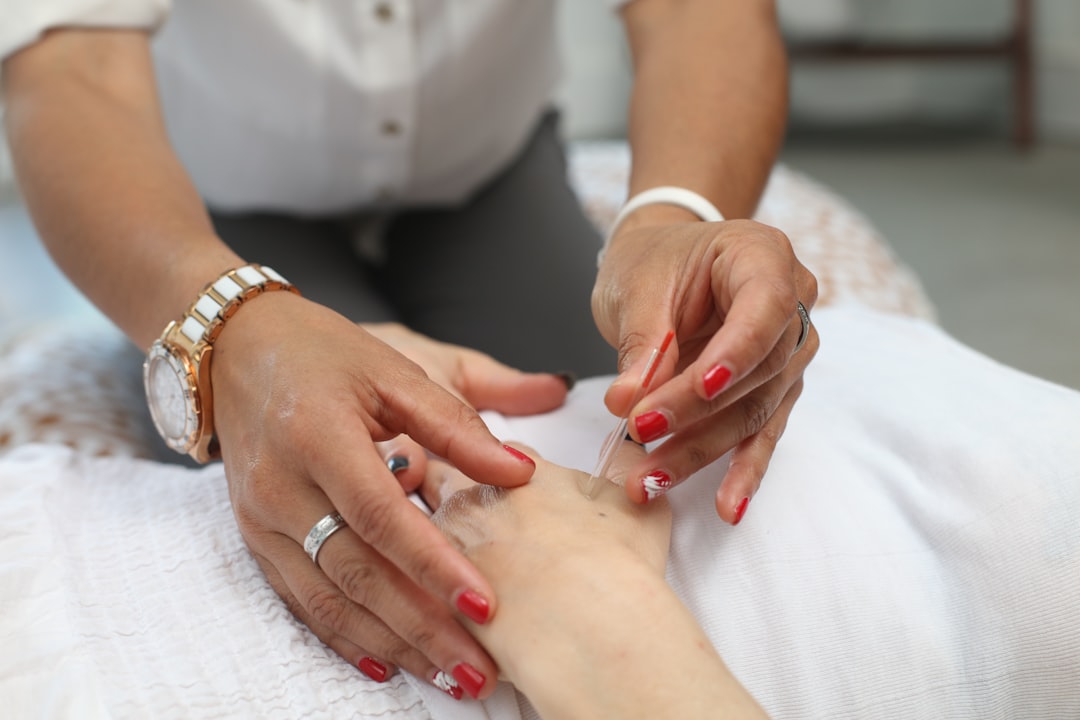Acupuncture is a treatment method, which applies the insertion of thin needles to various points of the body at different depths. Information from research shows that it is useful in relieving pain but the National Center for Complementary Health (NCCIH) says that there is little to no evidence of its effectiveness in other health issues apart from pain. The scientific effect of acupuncture is not very clear but scientist
s claim that it is useful in the balancing of energy, which has a neurological effect. Although this mode of treatment in the western medicine, it is an effective way of boosting the well-being of an individual as well as relieving conditions such as whooping cough, headaches, and problems with the blood pressure in the East.
Based on the concept used by Chinese medicine, a harmonious balance in the body is caused by the balance between the two forces of yang and yin, which are pronounced as chi and qi. When there is an imbalance between the two, illness comes about. With the needles of acupuncture in place, energy flow is said to be brought in the right balance. There are 350 points of the body where needles are inserted to bring this balance but it is hard to prove that these points and meridians are really in existence. However, based on neuroscience, the points are located in places where there are connective tissue, muscles, and nerves, which are all aspects of neuroscience. With needles at these points, there is stimulated an increase in blood flow and the natural painkillers of the body are activated. However, some studies have shown that the effect of acupuncture is similar to that of placebo.
German research showed that acupuncture is useful in relieving migraines and tension headaches while NCCIH notes that it has a positive effect on neck pain, knee pain, migraines, headaches, and low back pain. The World Health Organization listed the longest list of conditions where acupuncture is effective, which include facial pain, sciatica, sprains, nausea, and vomiting, low and high blood pressure, rheumatoid arthritis, tennis elbow, painful periods, dental pain, inducing labor, lowering the risk of stroke, dysentery, and gastric conditions like peptic ulcers. Some of the conditions that are speculated to be relieved by acupuncture but more evidence is needed based on WHO include, stiff neck, spine pain, substance dependence, neuralgia, Tourette syndrome, stiff neck, and pertussis. Acupuncture is beneficial because if conducted well it’s safe, has only a few side effects, helps one take control of some pains, is useful for patients who cannot take some medications, and is effective even when combined with other treatments.
Even with the benefits, all therapies have their risks. Some of the possible risks caused by acupuncture include danger for patients with bleeding disorders or those who take blood thinners, infection due to the use of under sterilized needles, there is the risk of the needle breaking inside the body and this could damage an internal organ, and if inserted deeply in the upper back, it can cause a collapse of the lungs but this is rare. For chronic and severe conditions, this should be used as a complementary treatment.

